![Do You Know The DevOps Syllabus? [Updated] 1 Post thumbnail](https://www.guvi.in/blog/wp-content/uploads/2022/06/Do-You-Know-The-DevOps-Syllabus.webp)
What is the most crucial point in a software development life cycle? Well, every step in SDLC is equally vital. So, how do you go about collaborating on the development and operations? Then, if you are looking for faster delivery of software with an augmented benefit of faster and easier resolutions to problems? Then, probably DevOps is what you need to incorporate into your system. Turning in rather young in the world of Software and development, DevOps is being adopted by most software developers to bridge the gap between in-building communications, integration, and collaboration. So, what to learn in DevOps? By the way, do you know the DevOps Syllabus for 2025?
Table of contents
- What is DevOps? & Why is it important?
- The top reasons to learn & adopt DevOps
- What are the job titles for DevOps?
- Then, what skills are necessary to become a DevOps Engineer?
- DevOps Syllabus 2025
- Module 01: Introduction to DevOps
- Learn: Module 02 Vagrant Setup
- Also, Module- 03 Linux(Centos7/Ubuntu)
- Also, Module: 04 GIT
- Module 05: Vagrant and Linux File servers
- Module 06: Bash Scripting
- Next, Module:07 Introduction to Container
- Learn: Module 08: AWS Infrastructure -1
- Further, Module 09- (Cont'd)
- Next, Module: 10 Dockers
- Module 11: Kubernetes
- Further, Module 12- Continuous Integration using Jenkins
- Module-13 (Cont`d) Continuous Integration using Jenkins
- Module 14 Infrastructure as a Cloud Using AWS
- Wrapping Up
What is DevOps? & Why is it important?
The collaboration between Development teams and Operations leads to a smooth and fast delivery of quality product/s and service/s via DevOps. DevOps, as in Development and Operations; Moreover, the united efforts of both teams help in devising stable operating environments that lead to fewer complex problems to fix towards completion.
Before we move to the next part, you should have a deeper knowledge of DevOps concepts. You can consider enrolling yourself in GUVI’s DevOps Course, which lets you gain practical experience by developing real-world projects and covers technologies including Agile, Scrum, Linux, Git, Bash Scripting, Dockers, Containers, AWS infrastructure, etc.
Additionally, if you would like to explore AWS Infrastructure through a Self-paced course, try GUVI’s AWS Infrastructure certification course.
The top reasons to learn & adopt DevOps
Moreover, with six-figure high salaries and fast job growth, a DevOps career offers plenty of interesting jobs in the market. Further, the scope and future of DevOps appear to be blindingly bright. Also, what makes it such an in-demand career? Probably, these benefits of DevOps would make up for it.
![Do You Know The DevOps Syllabus? [Updated] 2 Request] Funny Introduction to Problems "solved" by devops : r/devops](https://external-preview.redd.it/Jcf0WQSrj0XprZRGn4qFII6s4vACWbdWhGXQ3KX3cyE.jpg?auto=webp&s=bd8a26b41fc536d915b3466fd56887d9d9785019)
- Smooth communication & better teamwork
- Significant shorter time to a market facility
- Better quality of a product
- More reliable releases
- Improved productivity
- Most important, faster and easier resolutions to every problem
- Fewer chances of rigorous errors
- Also, improved efficiency of product/s & service/s
So, now that we know what DevOps is and how you could benefit by learning it, let’s see what kind of job roles are offered to a DevOps Engineer.
![Do You Know The DevOps Syllabus? [Updated] 3 programming - DevOps](https://img.devrant.com/devrant/rant/r_1629333_4WcKW.jpg)
What are the job titles for DevOps?
So, Hey DevOps Engineers, you can look for some of these titles to fit into:
- DevOps or Platform Engineer
- DevOps Software Developer
- Build Engineer
- Reliability Engineer
- Release Manager
- Data Analyst
- Security Engineer
- Product Manager
- Automation Architect
Then, what skills are necessary to become a DevOps Engineer?
![Do You Know The DevOps Syllabus? [Updated] 4 DevOps](https://www.guvi.in/blog/wp-content/uploads/2022/06/devops-cycle.png)
- QA processes know-how
- System administration expertise
- Programming skills
- Knowledge of the software development lifecycle (SDLC)
- Technical ability to build DevOps-friendly infrastructure
- Also, stay abreast with cutting-edge technologies
Knowing what skills are required to be a DevOps Engineer and what kinds of job roles await you, it is time to traverse into DevOps Syllabus in detail.
DevOps Syllabus 2025
Moreover, as in any stream, the introduction to the topic is the first and foremost topic. So, the syllabus begins with an Introduction to DevOps.
Module 01: Introduction to DevOps
- What is SDLC?
- Types Of SDLC Methods.
- What is Agile Methodology?
- What is SCRUM Methodology?
- What Is DevOps?
- Need for DevOps Culture.
- What is Continuous Integration?
- What is Continuous Delivery?
- Benefits Of DevOps
Then, after acquiring an overview, it is important to quickly set up and get started with the domain settings. So, modules 2, 3, and 4 will help you to lay out the background and get ready with the platform.
Learn: Module 02 Vagrant Setup
- What is Vagrant?
- Vagrant Basic Commands
- What is a Vagrant File?
- Vagrant File Initialization
- Also, Vagrant Automation
Also, Module– 03 Linux(Centos7/Ubuntu)
- Introduction to Linux
- Basic Commands
- More Commands ( mkdir, cp, mv, touch etc)
- Filters
- Redirections
- Users and Group
- File permissions
- Process
- Archiving
- Ubuntu Based Commands
Also, Module: 04 GIT
- Introduction
- Versioning, staging & upstaging
- Branching, Merging, and rebasing
- Rollback, reset
- Git ssh login
Want to learn about GIT: Check this.
A few more advanced settings before getting into the groove.
Module 05: Vagrant and Linux File servers
- Vagrant IP, RAM & CPU
- Website Setup
- Website Setup, WordPress
- Automate Website setup
- Introduction to networking and OSI models
- Understanding the networking, IP
- Networking Commands
Then, here begin the DevOps concepts from basics up.
Module 06: Bash Scripting
- Introduction to Bash Scripting
- VM setup
- First Setup
- Sample script
- Variables
- Command Line Arguments
- System Variables
- Exporting the variables
- user input
- Decision Making
- Loops
- While Loops
- Writing the shell script to host the website
Next, Module:07 Introduction to Container
- What are containers
- What is Docker
- Hands-On Docker Containers
- Microservices
Learn: Module 08: AWS Infrastructure -1
- What is cloud computing?
- EC2
- Launching an EC2 and accessing it using CLI
- EBS & Mounting on EBS
- EBS snapshots
- ELB
- Cloud watch
Further, Module 09- (Cont’d)
More to AWS Infrastructure -1
- EFS & Autoscaling
- S3
- RDS
- Beanstalk
- RDS & App setup on Beanstalk
- Code commit
- Code build
- Build Deploy and Code Pipeline
Next, Module: 10 Dockers
- Introduction
- Docker installation and commands setup
- Docker logs and Docker volumes
- Building images
- Docker Compose
Module 11: Kubernetes
- Introduction
- Minikube setup for K8s setup
- Kops for K8s setup
- Object and Documentations
- Kube config
- Namespace
- Pods
- Different levels of logging
- Service
- Deployment
Further, Module 12- Continuous Integration using Jenkins
- Introduction to Jenkins
- How to change Home Directory
- How to use Jenkins from the command line
- How to create Users + Manage + Assign Roles
- Jenkins authentication and authorization
Module-13 (Cont`d) Continuous Integration using Jenkins
- Basic Configurations
- Jenkins integration with GIT (SCM)
- How to add GitHub Credentials
- How to do Automated Deployment
- How to send Email from Jenkins
Module 14 Infrastructure as a Cloud Using AWS
- Introduction to Cloud Formation
- Simple example using Cloud Formation & Intrinsic Function
- Multiple resources were created using the Cloud Formation Template
Kickstart your career by enrolling in GUVI’s DevOps Course where you will master technologies including Linux, Git, AWS, etc, and build interesting real-life devops projects.
Alternatively, if you want to explore AWS infrastructure through a Self-paced course, try GUVI’s AWS Infrastructure certification course.
Wrapping Up
So, is the DevOps syllabus calling enough? Are you ready to learn from scratch? GUVI’s Career Program is where you need to look further. Moreover, with this Industry-vetted curriculum, it offers placement guidance and strong personality development coaching with multiple mock and interview drills. You can never be left behind while being in GUVI’s Career Program.
Have doubts? Please don’t keep them to yourself. Share it. Let us know in the comment section below. Leave no stones unturned while you stick to learning programming languages. Also, know that we are just a click away. So, keep reading!

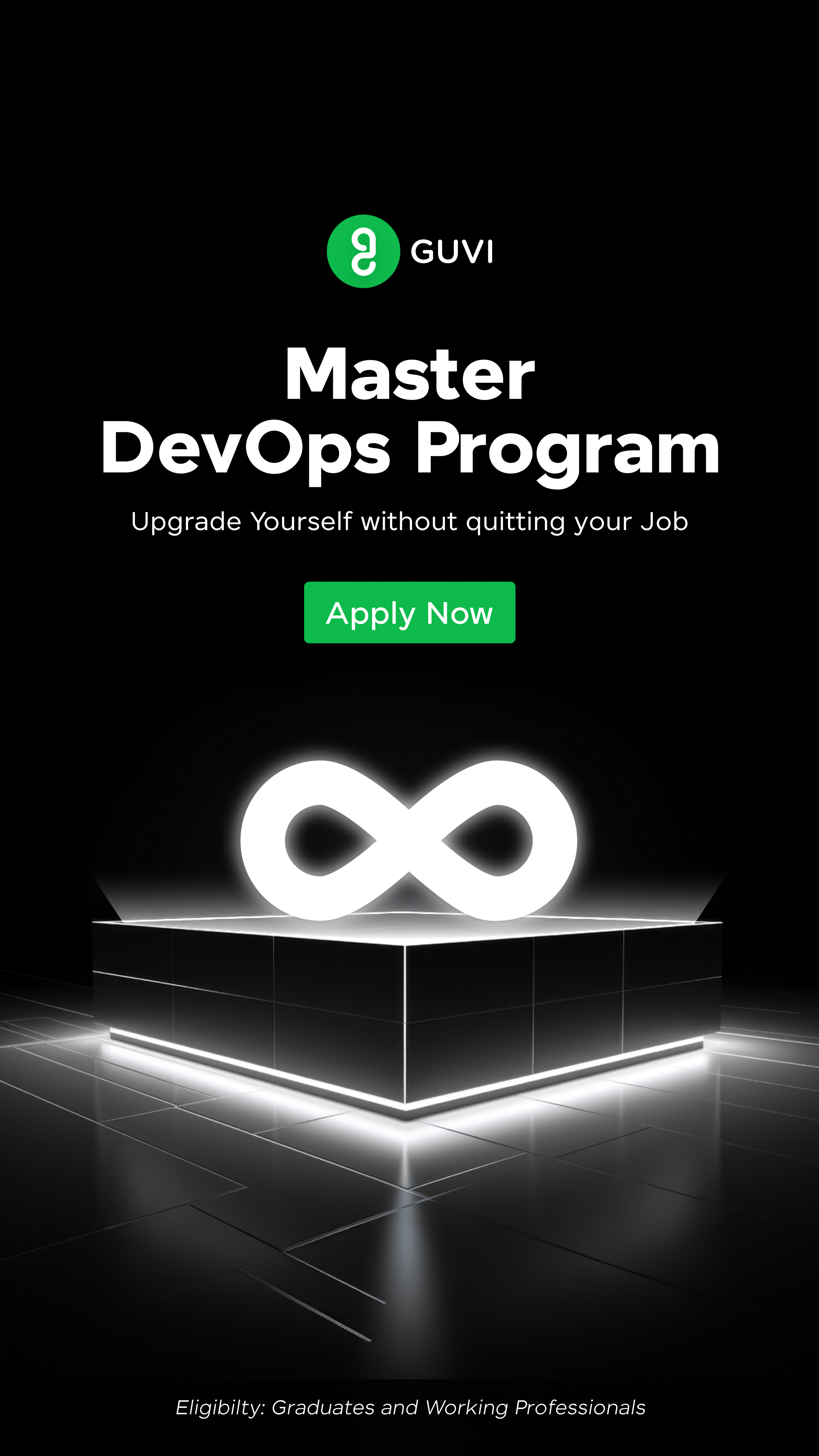


















![30 Important DevOps Interview Questions and Answers [Includes All 3 Levels] 6 DevOps Interview Questions and Answers](https://www.guvi.in/blog/wp-content/uploads/2025/05/30-Important-DevOps-Interview-Questions-and-Answers.png)
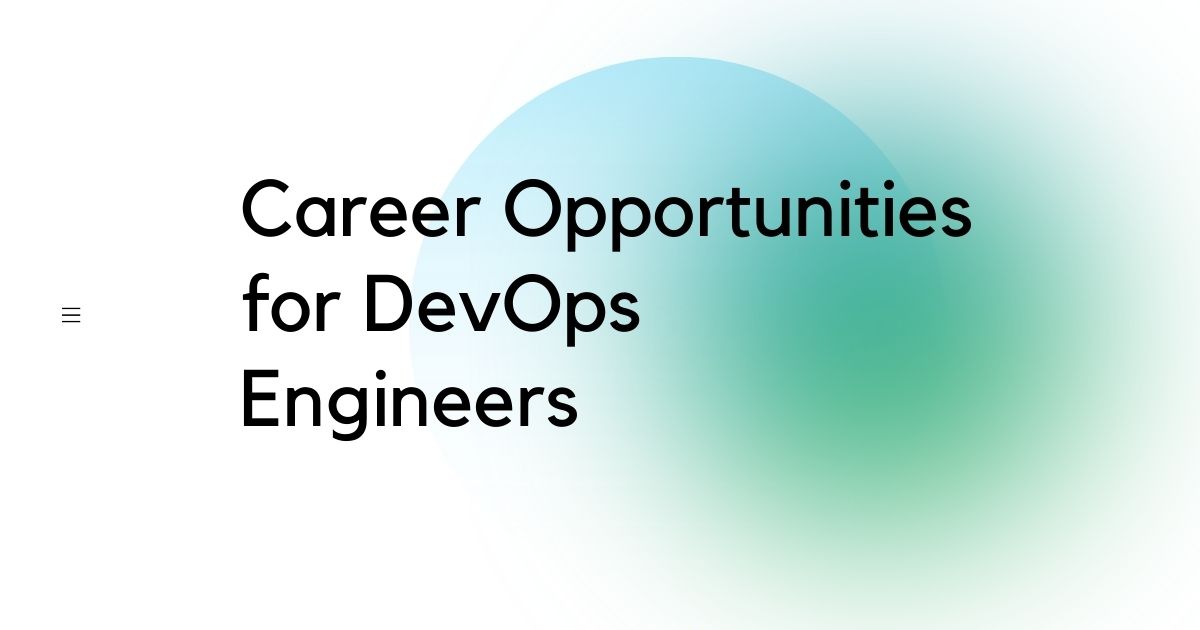
![Top High-Paying Non-Coding Jobs in DevOps [2025] 8 Non-Coding Jobs in DevOps](https://www.guvi.in/blog/wp-content/uploads/2023/11/Top-10-Non-Coding-Jobs-in-DevOps.png)
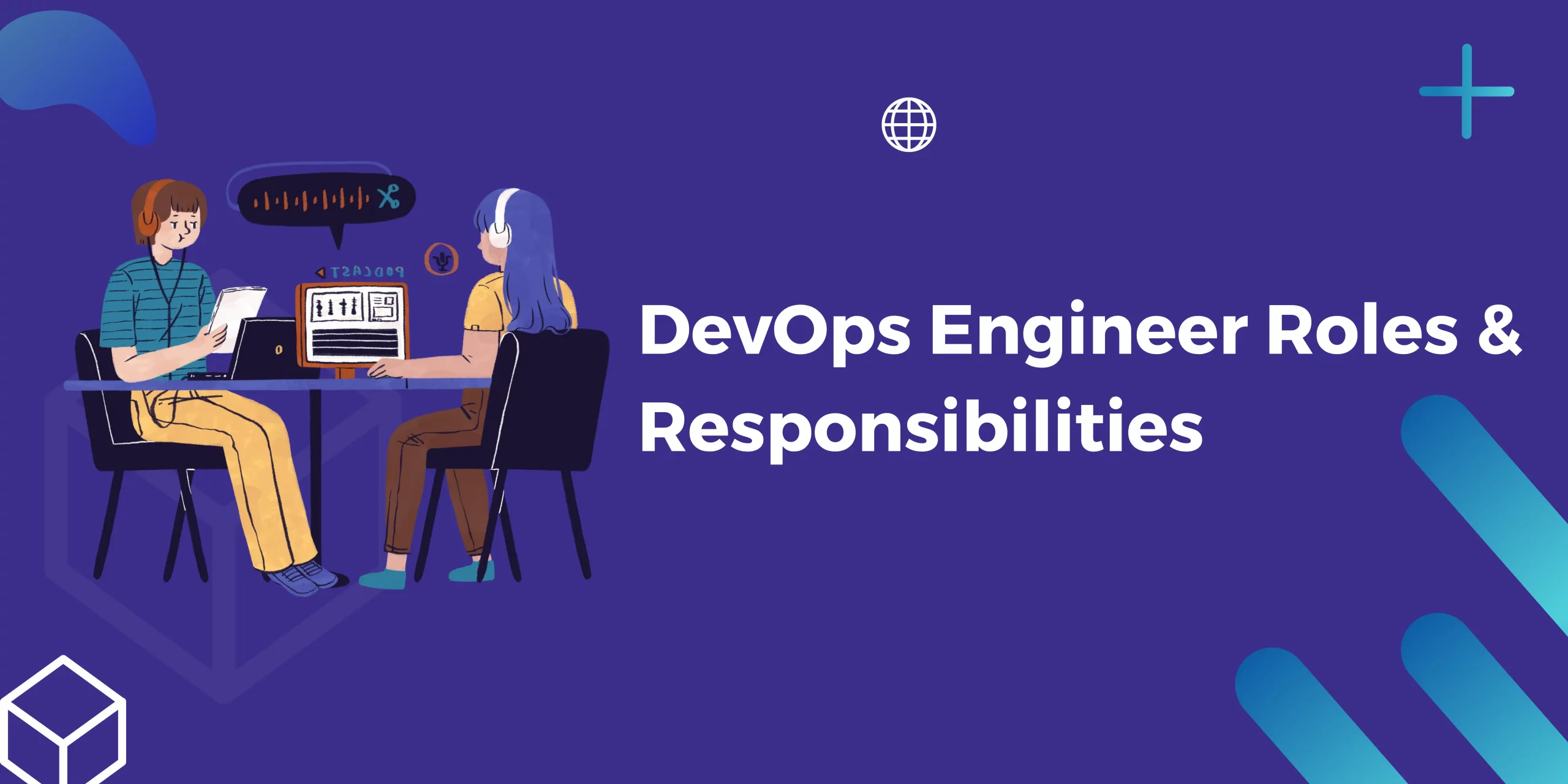
![Top 15+ Jenkins Interview Questions and Answers [2025] 10 jenkins interview questions](https://www.guvi.in/blog/wp-content/uploads/2022/06/wallpapertip_open-source-wallpaper_1780230.jpg)
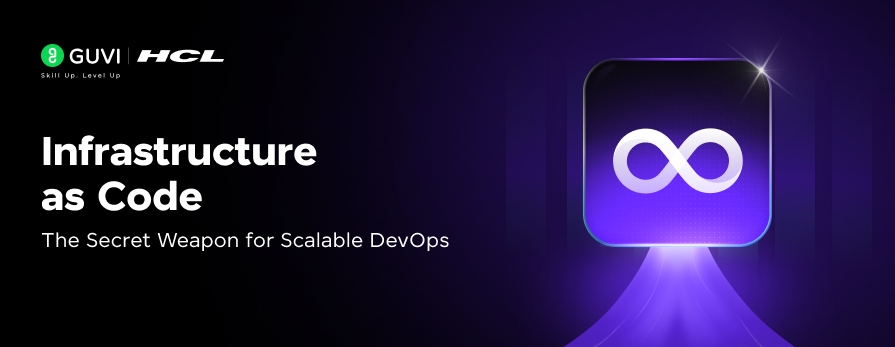
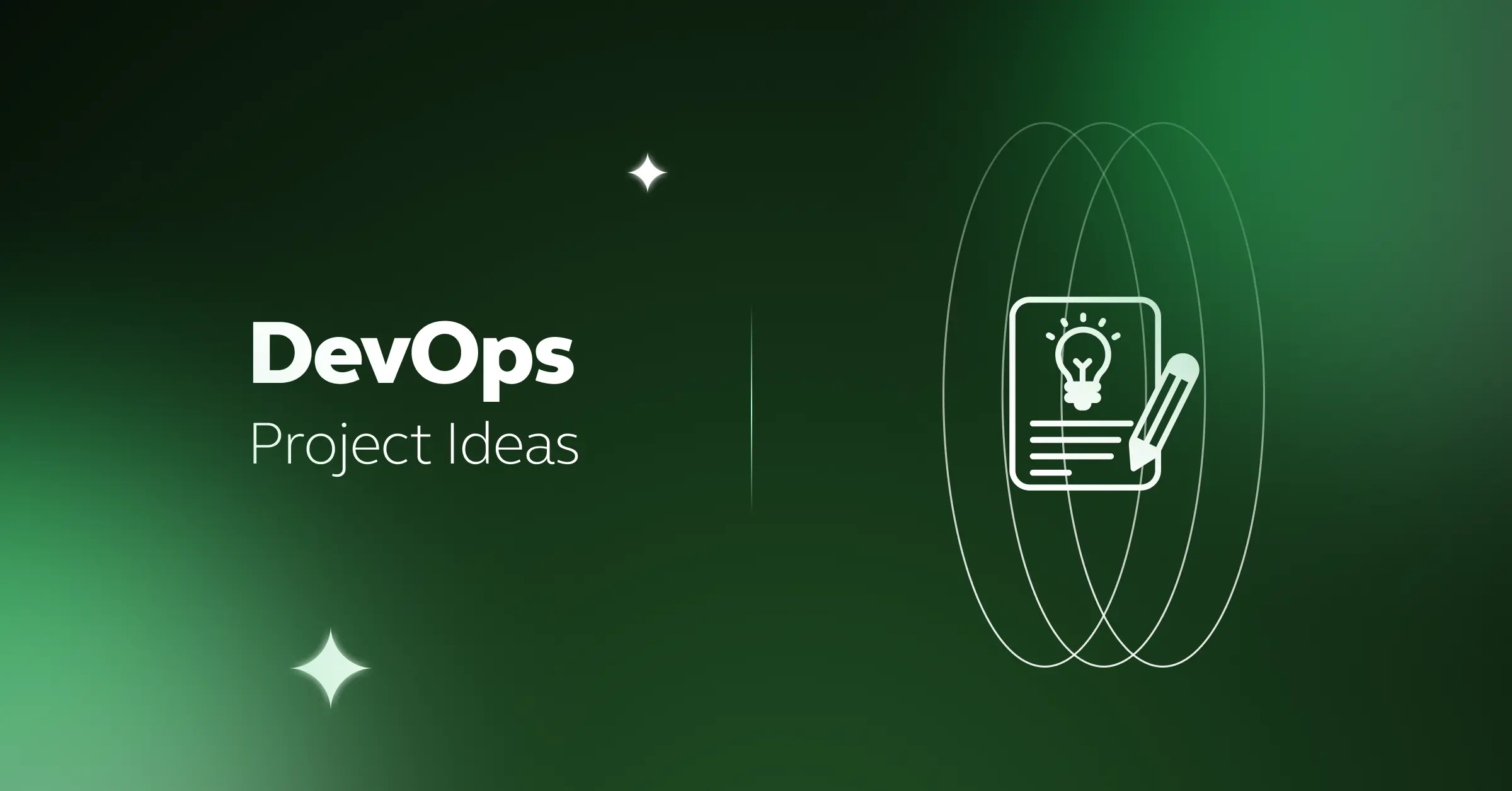


Did you enjoy this article?